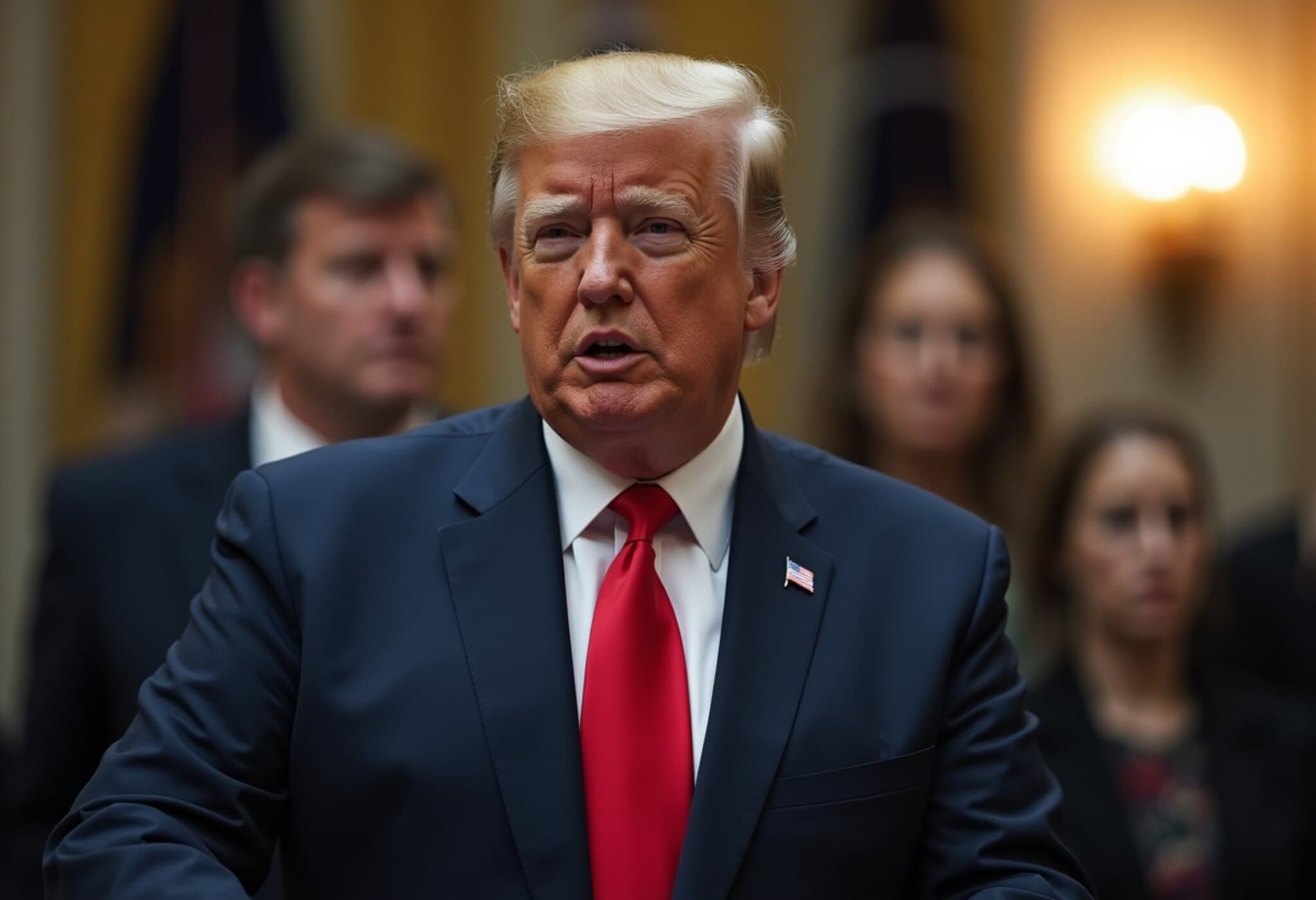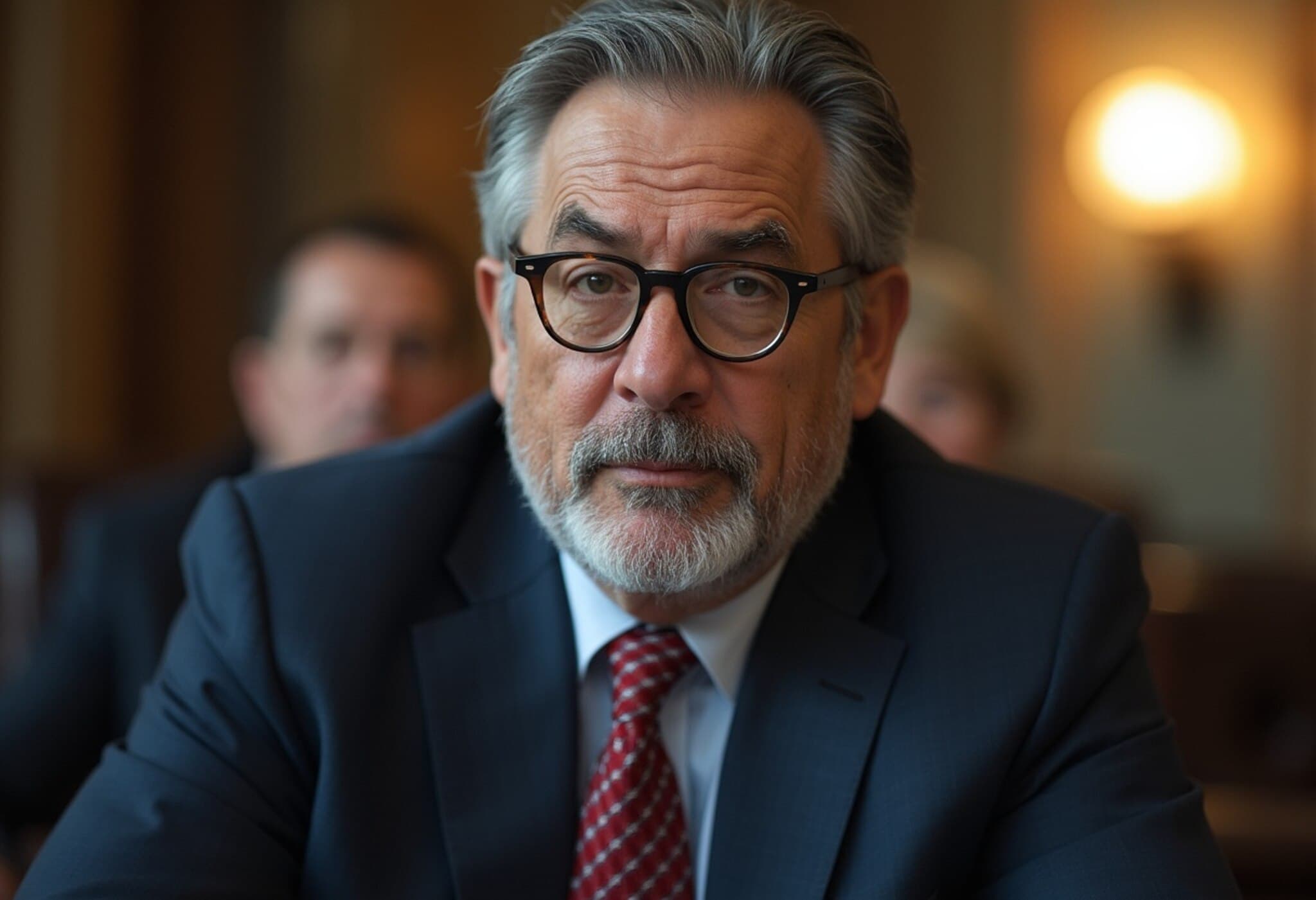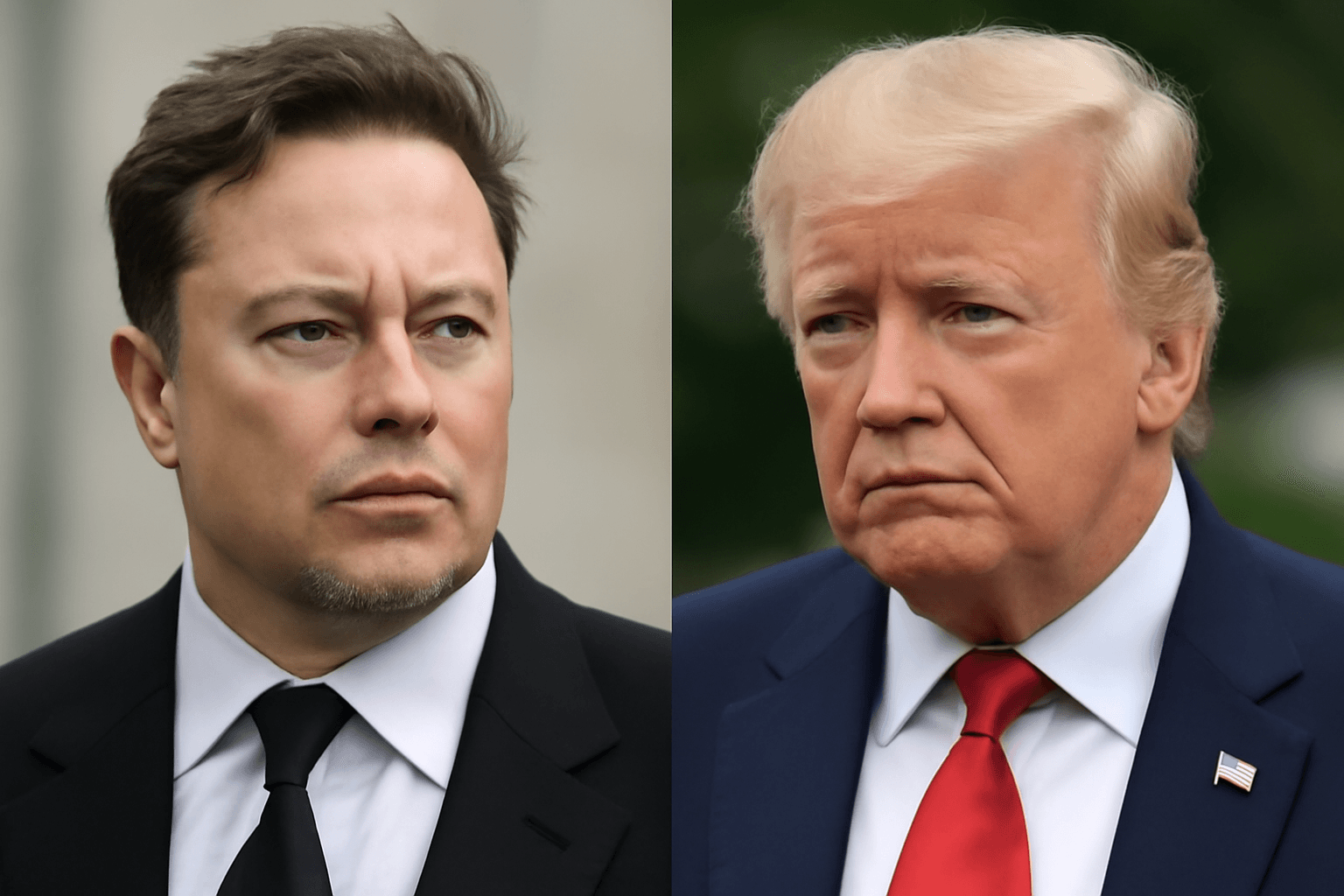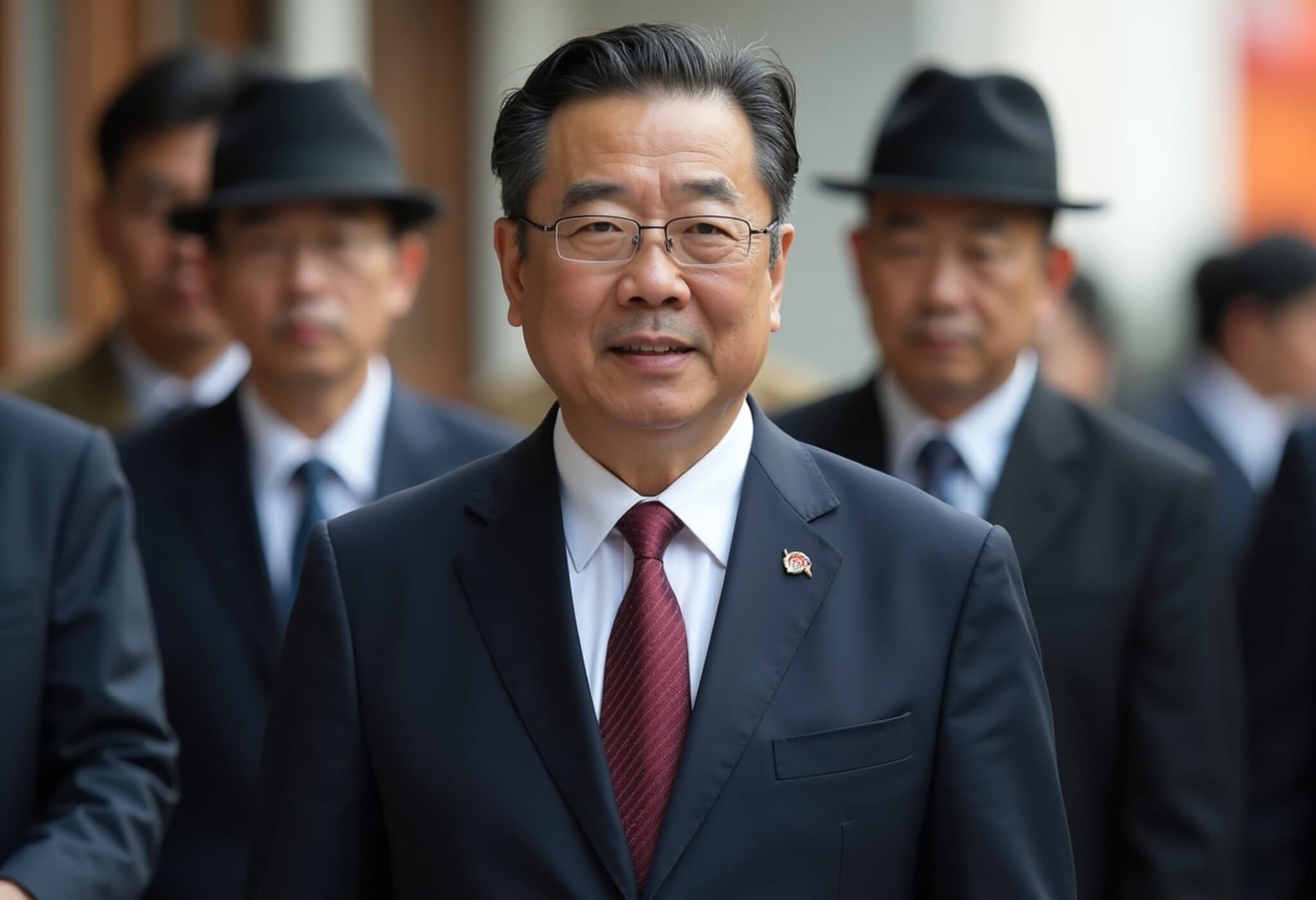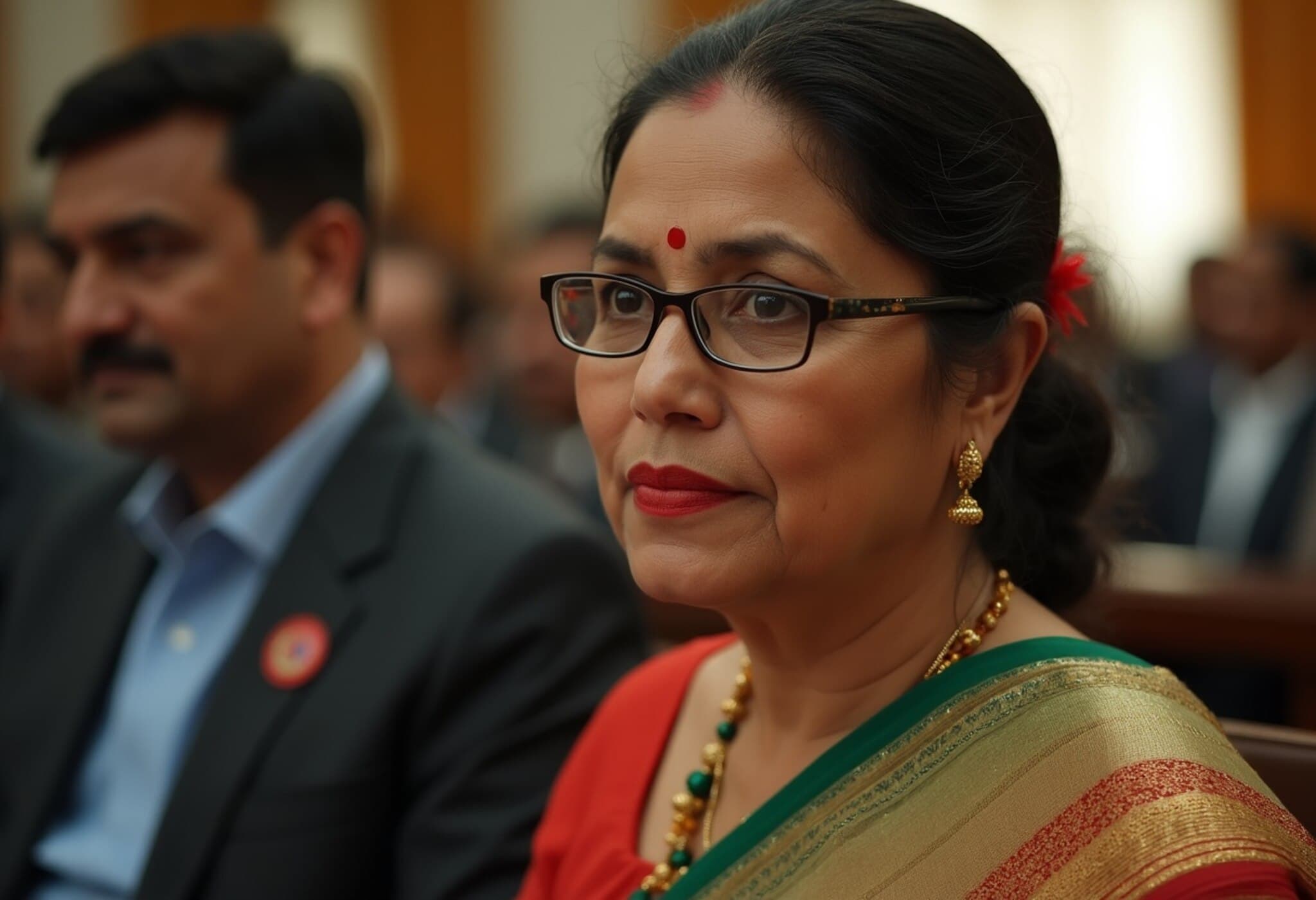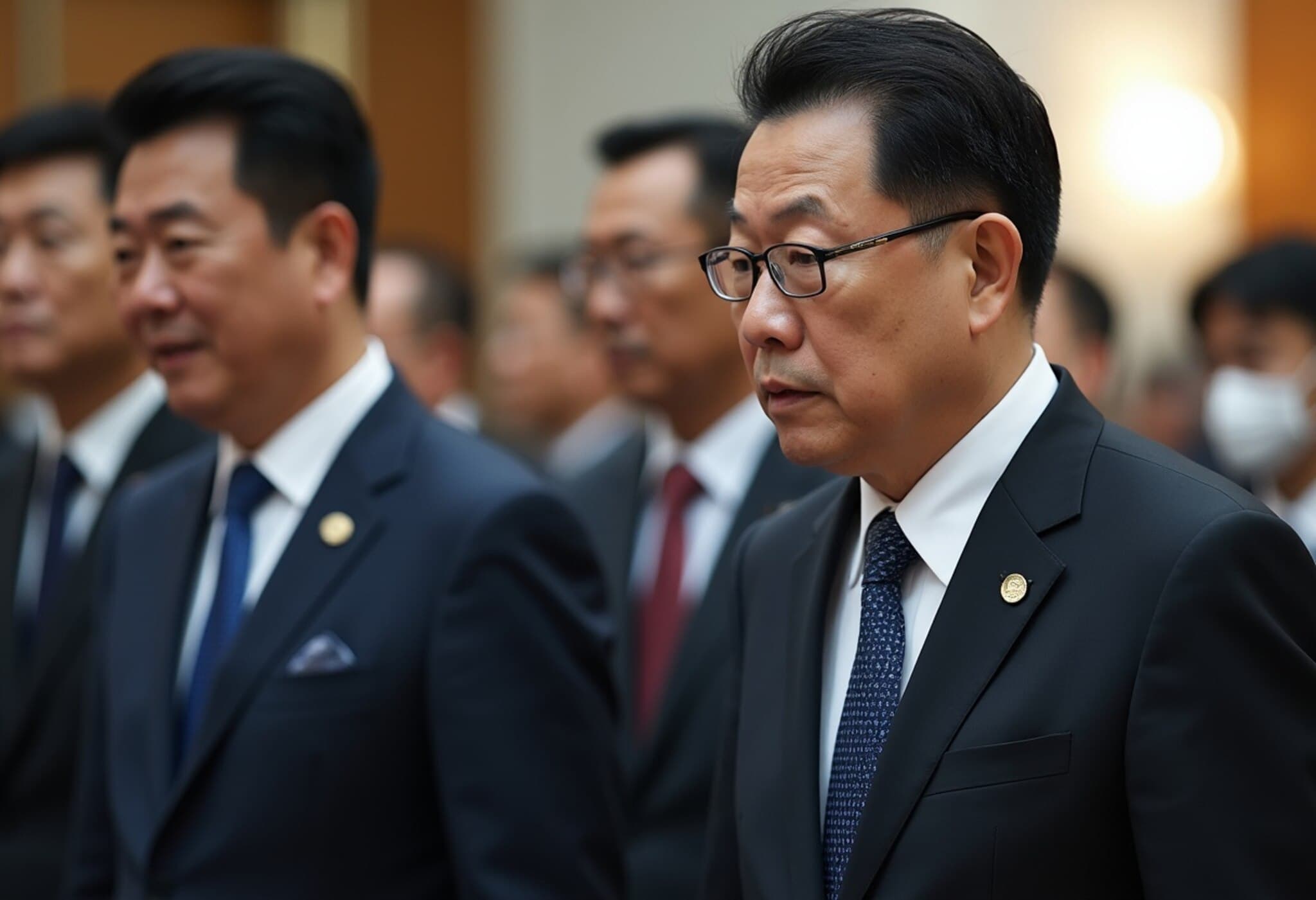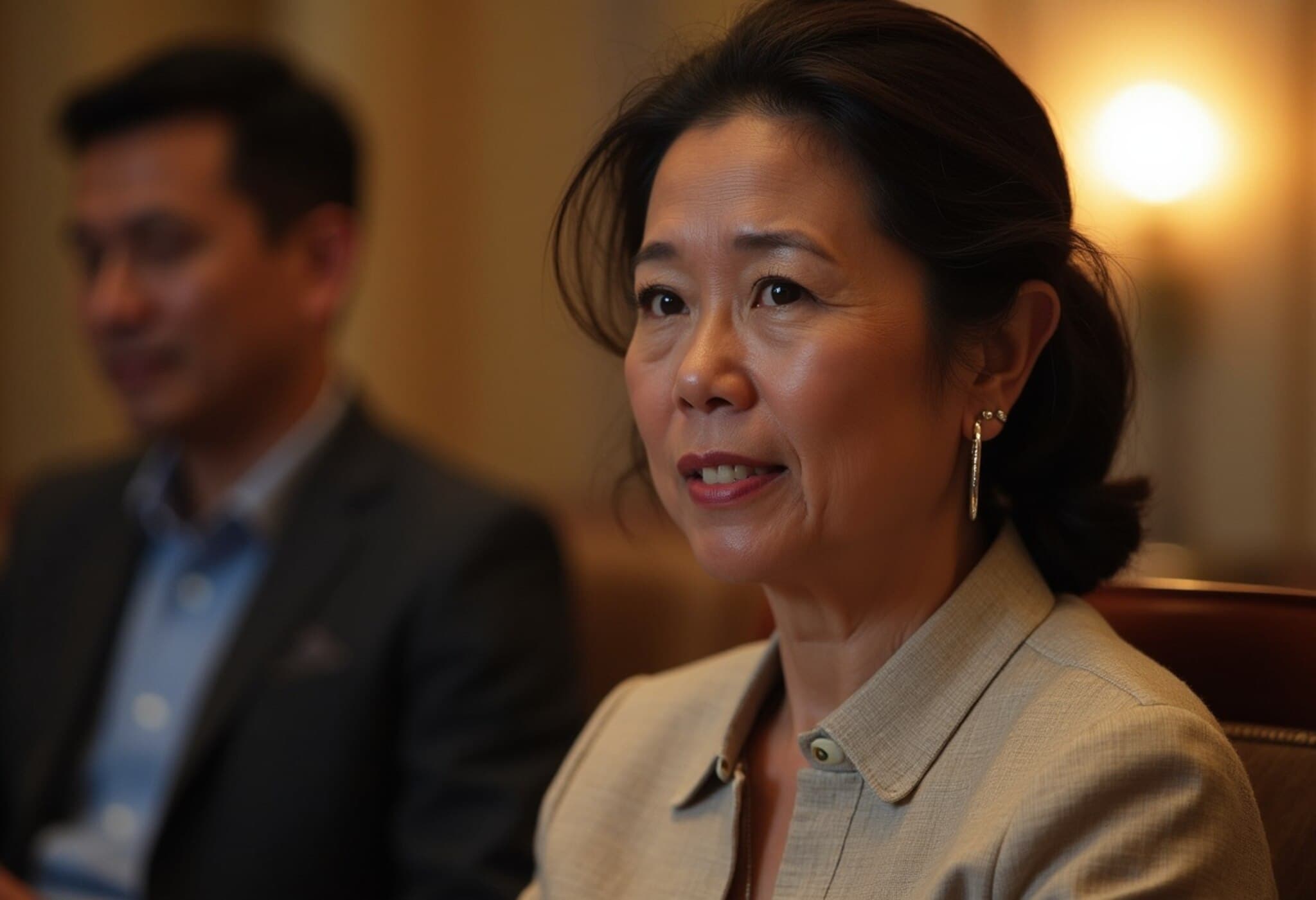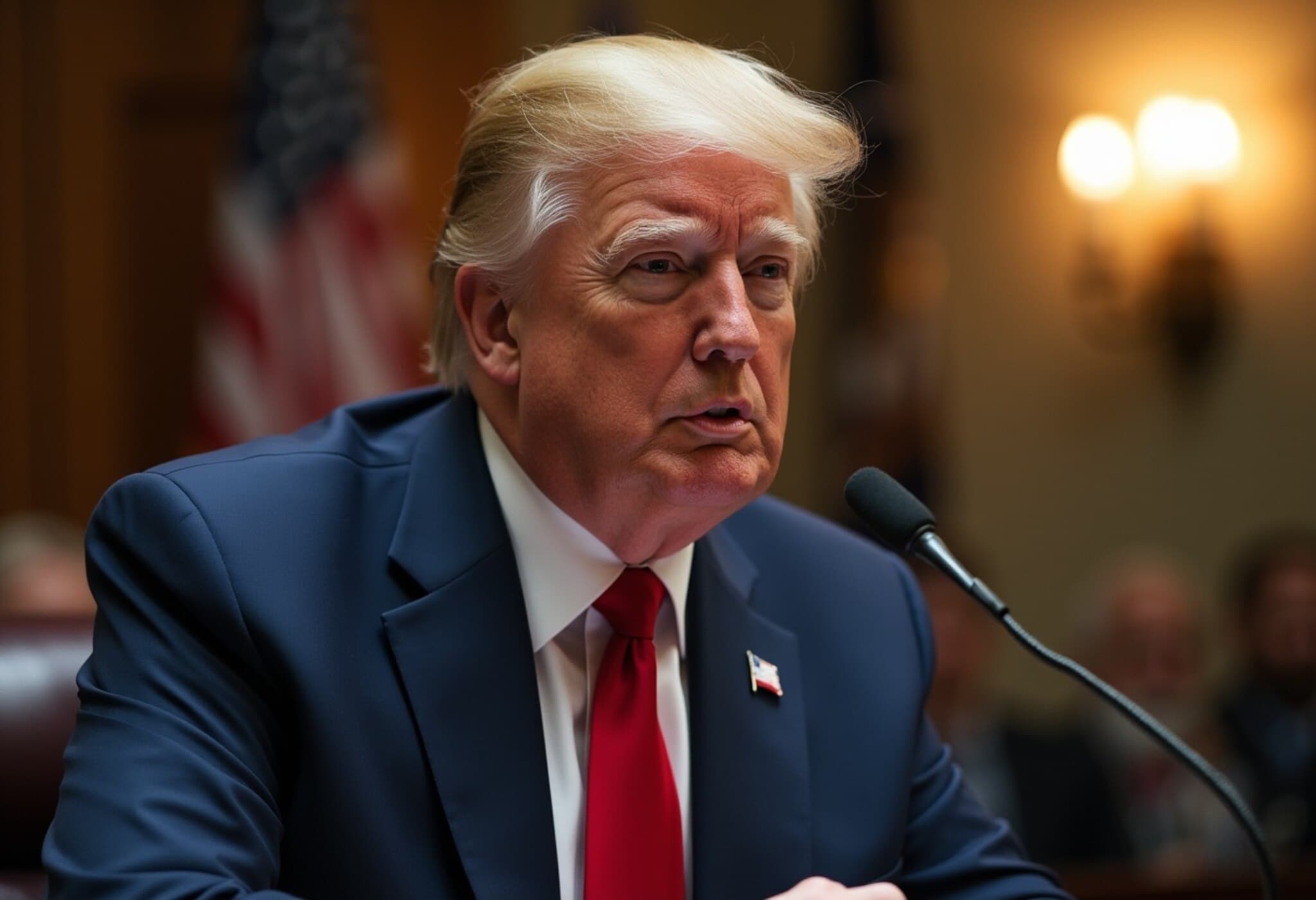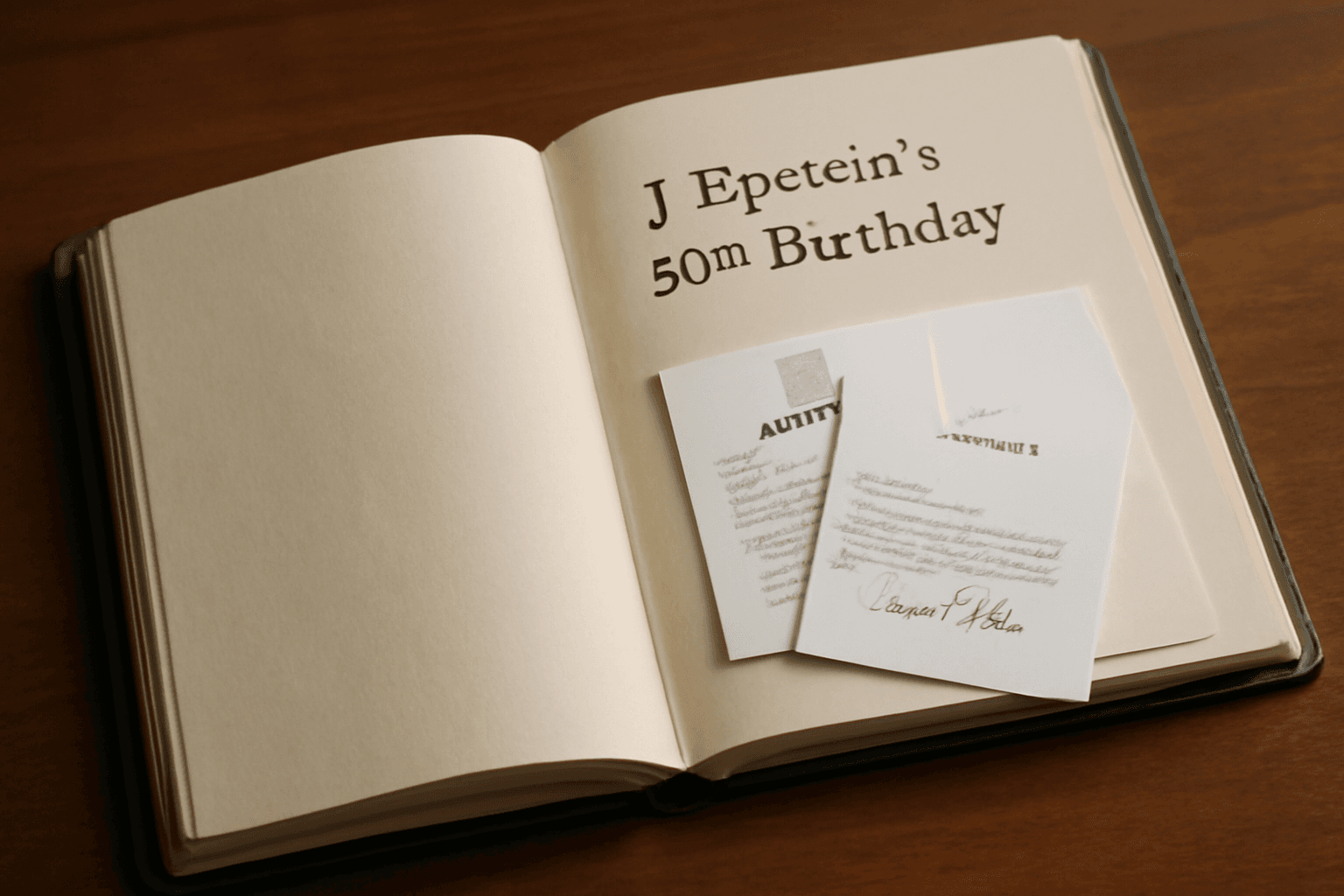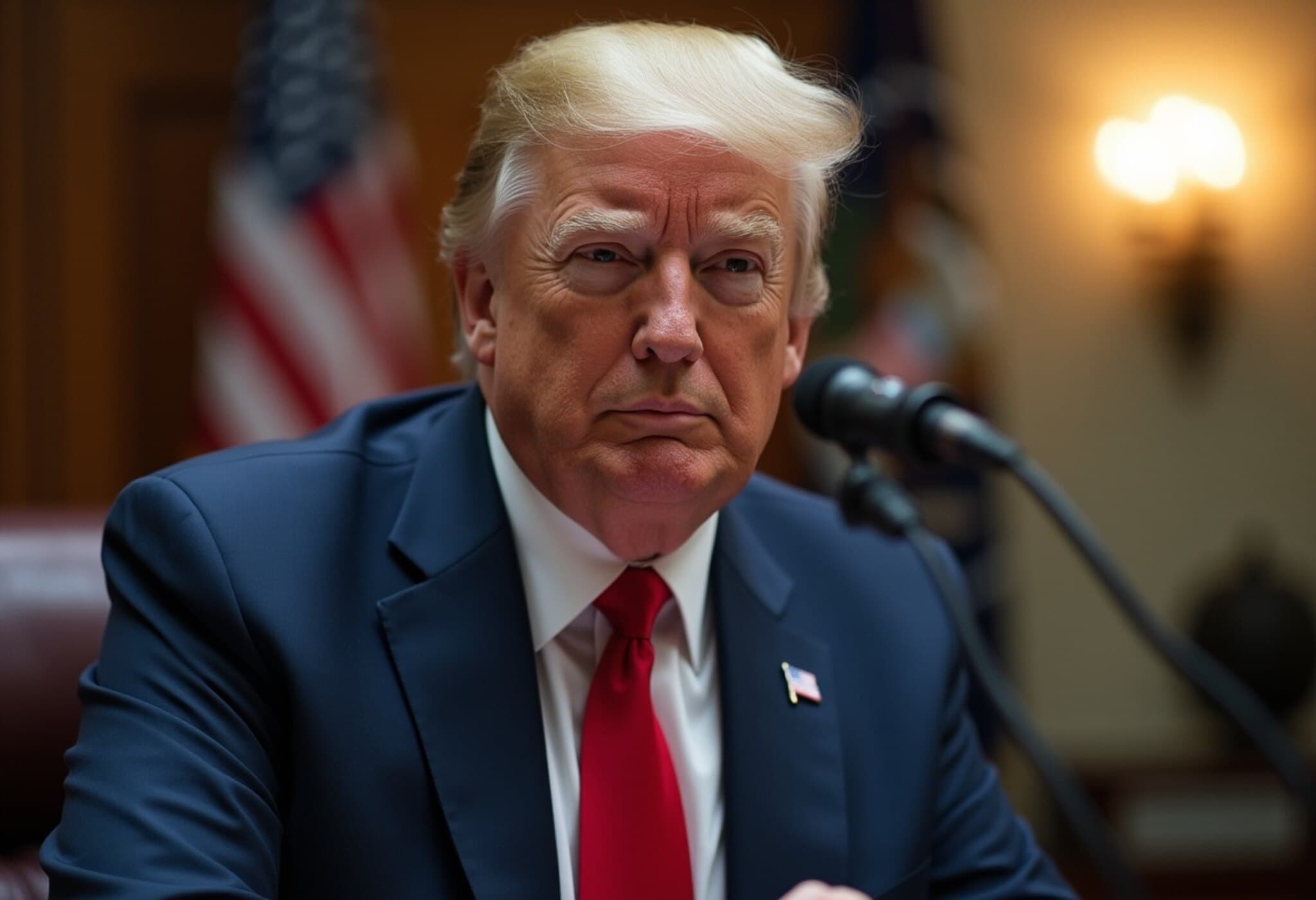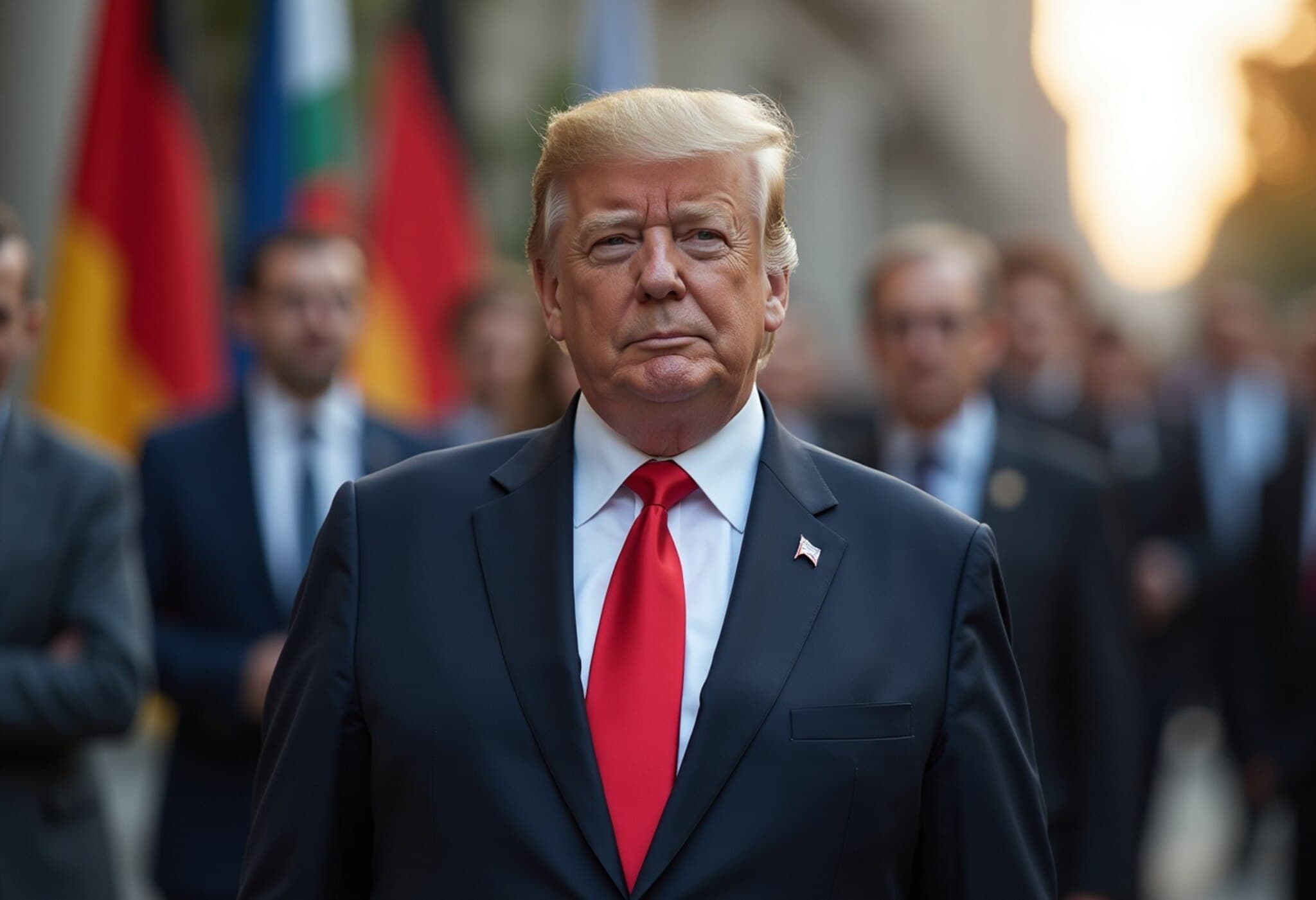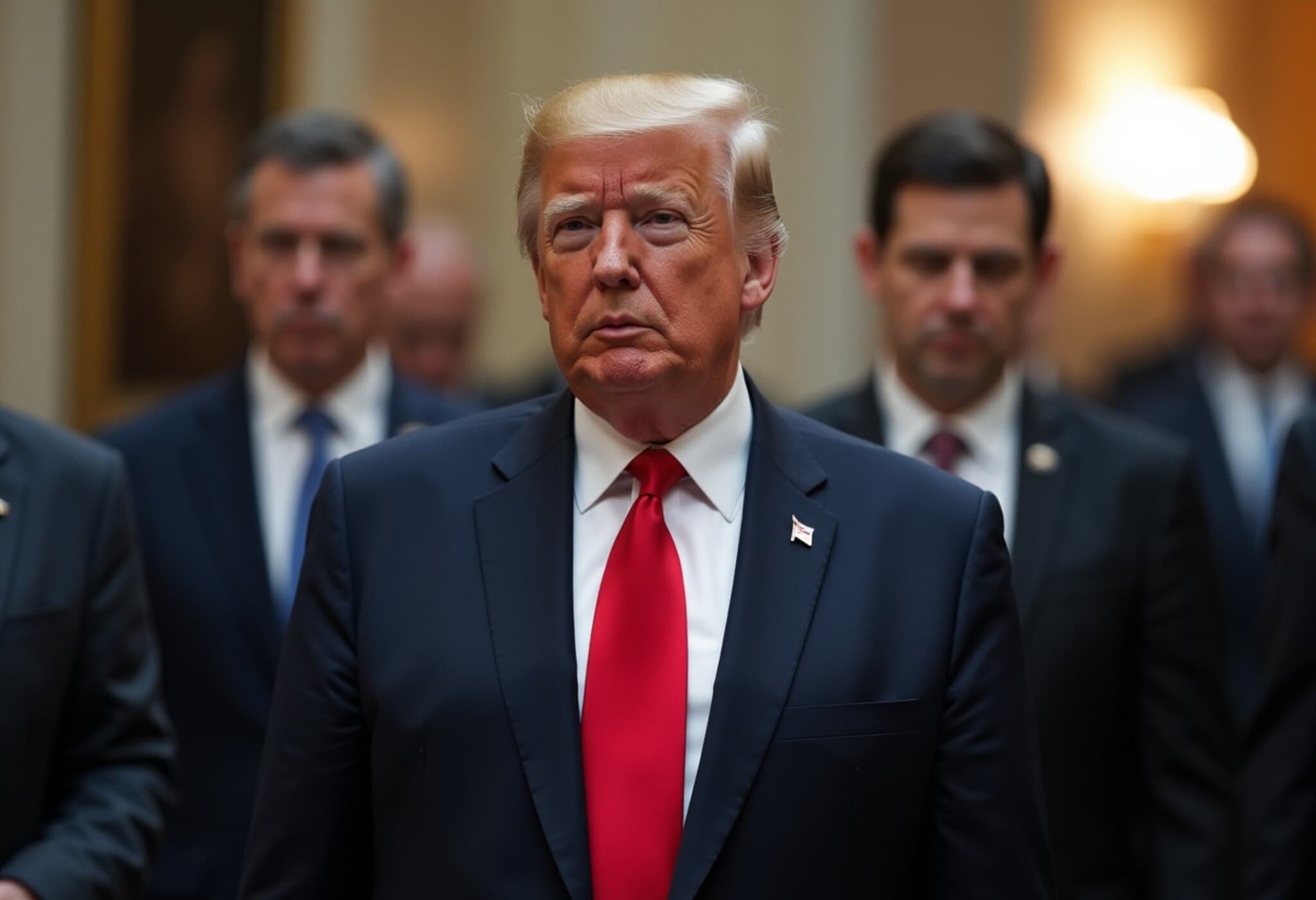Trump Dismisses Pardoning Ghislaine Maxwell Amid Renewed DOJ Scrutiny
On July 25, 2025, President Donald Trump sidestepped questions concerning a potential pardon for Ghislaine Maxwell, the convicted accomplice of the late Jeffrey Epstein. Maxwell, currently serving a 20-year sentence for her role in procuring and grooming underage girls for Epstein’s abuse, is meeting again with top Department of Justice officials in Florida amid a heightened investigation into Epstein-linked networks.
Context: The Ongoing Epstein-Maxwell Fallout
Maxwell's legal battles have cast a long shadow over several high-profile social and political figures. While Trump has long-distanced himself from Epstein — despite their social ties in prior decades — he shifted the focus onto other prominent individuals who had also associated with Epstein, including former President Bill Clinton and former Treasury Secretary Larry Summers.
"People don't talk about them. They talk about me," Trump remarked, urging attention towards "some of the hedge fund guys" and former Harvard leadership who shared Epstein’s social circles.
This deflection underscores the broader complexity and sensitivity surrounding Epstein’s extensive network, raising enduring questions about accountability within elite social spheres.
Maxwell’s Meetings with DOJ and Legal Team Statements
Deputy Attorney General Todd Blanche—who coincidentally once served as Trump’s criminal defense attorney—is spearheading the inquiry. Blanche has engaged in multiple sessions with Maxwell in Tallahassee, Florida, where she is incarcerated. These meetings aim to uncover further information about possible co-conspirators and victims within Epstein's trafficking operation.
Maxwell's attorney, David Oscar Markus, painted a picture of her client as a scapegoat suffering harsh prison conditions. He emphasized Maxwell’s desire to truthfully recount events, hoping these DOJ meetings reflect a fair opportunity to set the record straight.
- Markus described Maxwell’s treatment as "terrible, awful conditions", urging the public to "look at what she has to say with an open mind."
- He asserted Maxwell has "no reason to lie" and praised Deputy Attorney General Blanche’s commitment to listen.
Trump’s Stance on a Potential Pardon
Asked directly about the possibility of pardoning Maxwell, Trump was noncommittal: "It's something I haven't thought about," followed by a reminder of presidential pardon powers: "I'm allowed to do it."
His ambiguity comes amid rising public and media pressure demanding greater transparency about Epstein’s associates and the possibility of influential figures using their clout for leniency.
Analyzing the Broader Implications
This episode highlights several critical issues:
- Accountability and Influence: Epstein’s and Maxwell’s cases expose how individuals within powerful social networks might evade thorough scrutiny.
- Transparency of Justice: The DOJ’s restricted disclosures raise concerns about whether justice in sex trafficking cases involving elites is fully impartial.
- Presidential Pardon Power: Trump’s potential use of clemency powers in this highly sensitive context invites debate about the ethics and limits of executive authority.
Given the national and international resonance of Epstein-related cases, monitoring developments remains crucial for understanding how the justice system addresses crimes involving high-profile perpetrators and accomplices.
Expert Commentary
Legal analyst Dr. Emily R. Hayes from Georgetown University points out, "The Maxwell-DOJ meetings represent a rare window into uncovering deeper layers of criminal networks that often remain hidden. However, the historical reluctance to fully expose all connections—especially in politically charged cases—can hamper true justice. Trump's evasive responses only amplify public skepticism regarding equal application of the law."
What Comes Next?
As Maxwell continues to engage with DOJ officials, several questions remain pressing:
- Will new testimonies lead to further prosecutions?
- How transparent will DOJ be about this high-profile investigation?
- Will presidential clemency be used in ways that influence public trust?
The answers to these questions could shape public understanding of accountability in the elite social and political strata for years to come.
Editor’s Note
The intertwining stories of Jeffrey Epstein, Ghislaine Maxwell, and prominent figures like Donald Trump and Bill Clinton continue to ripple through American justice and politics. Beyond legal proceedings, they challenge us to examine the balance between power, privilege, and accountability. As this saga unfolds, we encourage readers to consider not only the named individuals but also the systemic dynamics that allow such abuses to persist—and what true justice demands in their wake.

